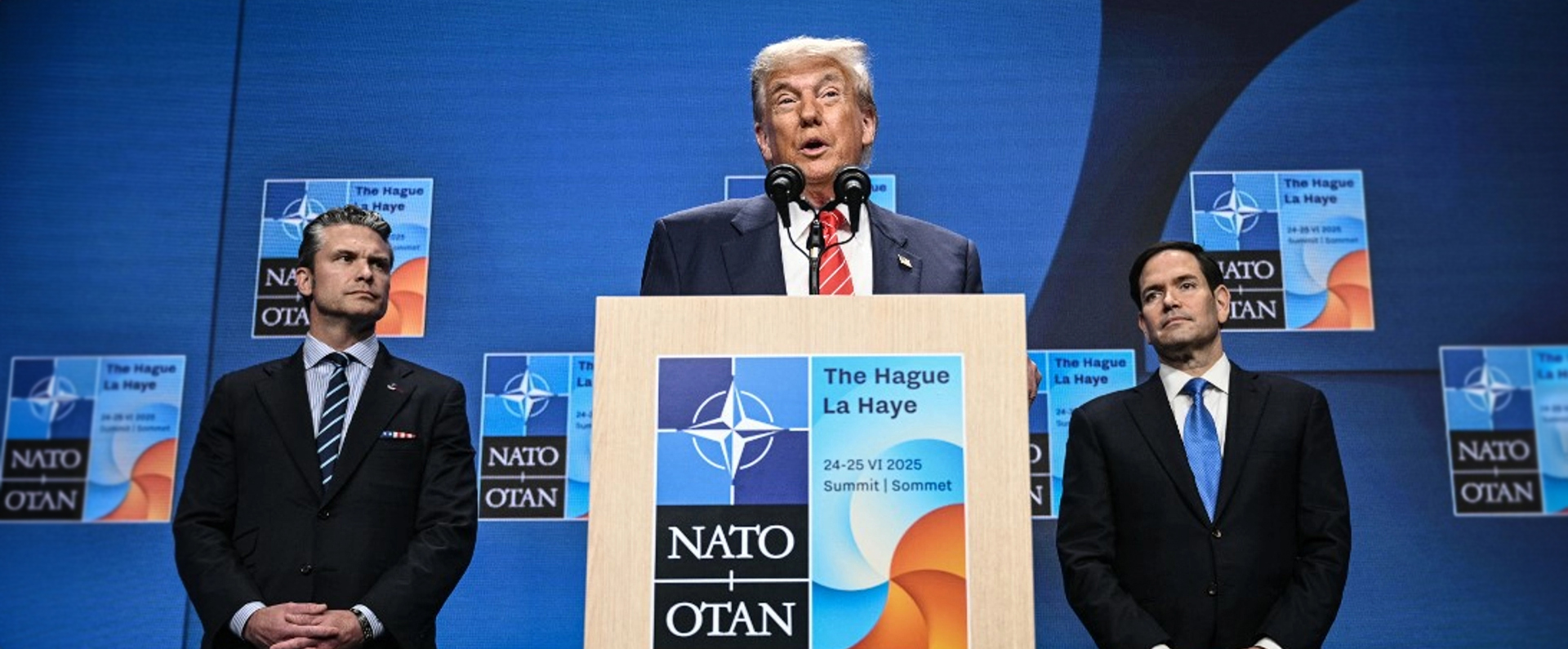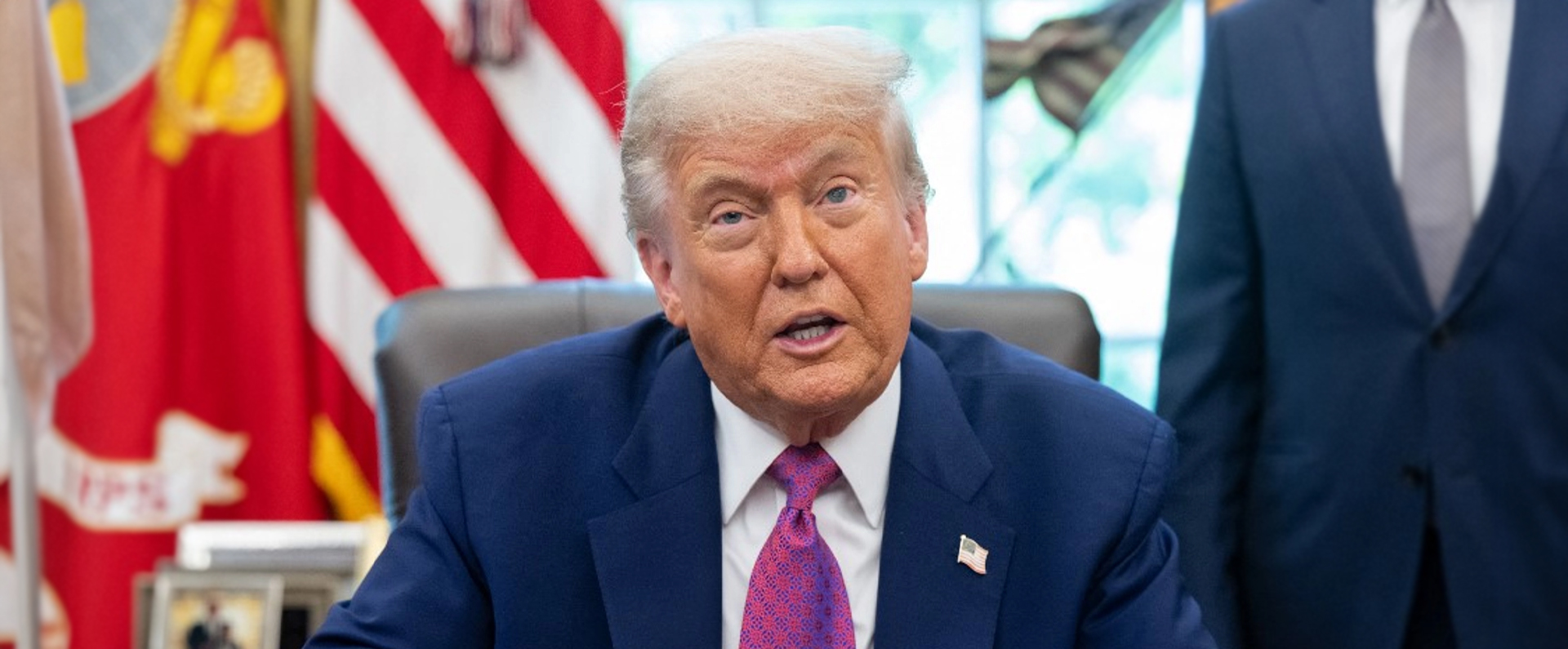
Published in The Times on 21 November 2005.
THE DEBATE aroused as much interest in the occupants of the Palace of Westminster as a weather forecast for Uzbekistan. One year after the Electoral Commission published its report, The Funding of Political Parties, and in the absence of any kind of response from the Government, that admirable parliamentarian Sir George Young this month attempted to start a national discussion about the rights and wrongs of how parties finance their activities.
I would like to be able to report that the quality of the resulting debate in Westminster Hall was worthy of that important issue; that it was well attended; that the contribution of our elected representatives was beyond fault. Sadly, I cannot. After 90 minutes all that could be said with honesty was that the debate was a perfect mirror of the current state of play. Muddled and inconsistent in the extreme.
I am not a professional politician, and perhaps that is why I found the exercise so depressing. I was unable to discern any enthusiasm for the rebuilding of political involvement and engagement in Britain. I saw no passion to encourage the young to take an interest in politics. Instead, there appeared to be a wish merely to “tighten” the rules on donations.
This is a big subject, but one that has come to the fore in recent weeks after the so-called “controversy” about the £2.4 million gift to the Liberal Democrats from that ersatz foreigner, the Swiss-based Brit Michael Brown. Other than his rather dubious choice of party, I have read nothing that would lead me to think ill of him as a donor, nor of the Liberal Democrats for accepting his money.
This “controversy”, while in itself a storm in a teacup, does pose a more important question, one genuinely worthy of debate. The brouhaha over Mr Brown’s money serves only to highlight the unholy mess that regulates the giving of money to British political parties.
The current prerequisite for “permissible” giving to a political party is, in the case of an individual, that they are registered, or entitled to register, to vote in the UK. And, in the case of a company, that it is incorporated in the EU. This means that Canadians who live in Britain, by virtue of their Commonwealth citizenship, are able to give. US citizens, on the other hand, cannot. As EU citizens living in the UK, Austrians, Swedes and Greeks can give, but Swiss, Norwegians and Turks cannot. A dodgy businessman from Mozambique, if in Britain, would pass the permissibility test. Yet a distinguished Briton, posted abroad for a few years by his British employer, would not.
There are worse anomalies. Citizens of Gibraltar, whatever their ethnic or cultural background, all get lumped, willy-nilly, into the UK’s southwest region for the purpose of European elections. A special exemption for these people makes them permissible donors to British political parties for the four months preceding a European election. But there are no restrictions on either the use of funds received from Gibraltarians or the timing of that use.
Northern Ireland’s political parties are exempted entirely; Sinn Fein, for example, is free to to receive money raised by republican sympathisers in the United States without restriction.
At the corporate level, a British company has to have shareholder approval to be able to give, but a company from elsewhere in the EU that does business in the UK does not. And what about the 100 per cent foreign-owned, but UK-incorporated, company that has only foreign directors, none of whom has ever been to Britain, let alone speaks English, yet because it is a holding company is therefore deemed to be doing business in the UK? What about these guys? No problem. Perfectly permissible.
The rules are a nonsense. There has to be a better way. There is a better way.
In our desire to draw a distinction between Brits and foreigners, in the belief that foreign money is bad and that British money is good, we have devised a scheme that is patently absurd, and that achieves no real purpose. Worse, in time it could serve to dignify a wholly unacceptable donor by providing him with the veneer that is “permissibility”.
We should dump restrictive regulations tomorrow and replace them with requirements only of openness, transparency and complete honesty.
We should allow political parties to accept financial support — cash, benefits in kind and credit — from whomsoever they choose and without financial limit. We should require them only to make public the identity of the true donor and the detail of the donation. We should also, unlike the current, lengthy timetable for reporting donations, require prompt notification, especially of bigger donations — within, say, seven days.
Political parties will then have to make decisions, not based upon the legal definition of permissibility, but upon the commonsense interpretation of what would be considered acceptable to those whose votes they want to gain. Colombian drugs barons, Triads, porn kings and the Mob would, I would hope, be considered unacceptable donors. But if party treasurers were to decide otherwise, let us allow the media and the public to judge. They would be speedier, more effective, and much more telling arbiters than the courts.
By allowing parties to take money from any quarter, so long as they are entirely open about whom is giving it, the onus would be on politicians to act reasonably and to exercise sound judgment. It would place an equal duty on the media to report donations responsibly.
But in the end, it will be down to Joe and Jo Public to judge. We should trust them. They usually get it right.
Lord Ashcroft was treasurer of the Conservative Party, 1998-2001



